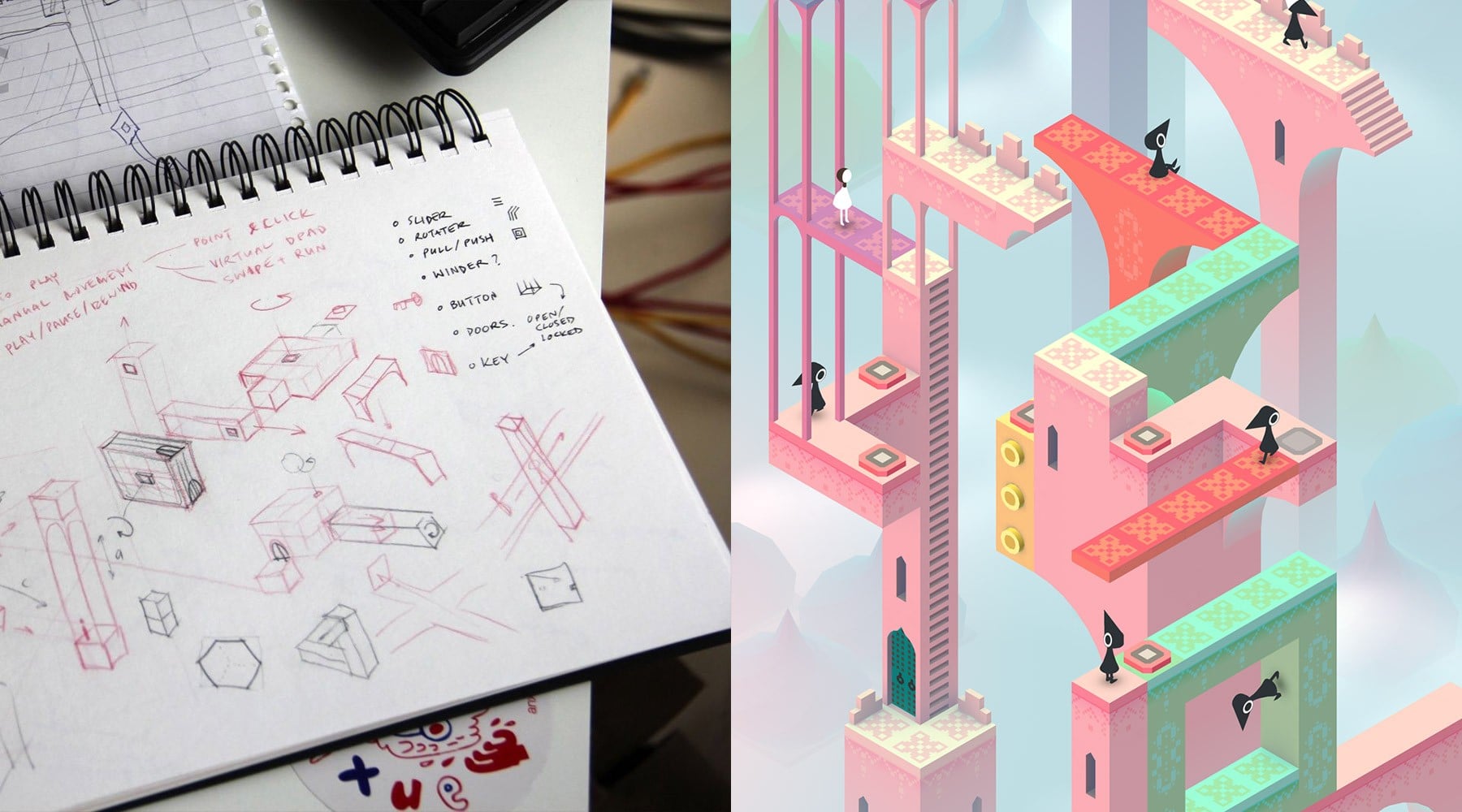Career Guide: Becoming a Game Designer

In the first of our series of guides to game careers, this week we’re going to take a look at perhaps the most central role in game development; the game designer.
Before we go into detail about that particular role, a quick explanation: these guides have several aims. Firstly, they hope to help parents and guardians with family members who are keen to work in games understand the opportunities their youngsters might be pursuing. On a similar note, they should help you guide those ambitious youngsters in the right direction. And they could even help youthful gamers become a bit more engaged with subjects at school, if they become aware that a certain kind of studiousness could lead to a life working with games.
And if none of that applies, understanding how games are made is fascinating, and if you’re interested in games as a family, thinking about what goes into one can really bolster the experience of enjoying them together.
So, the game designer...
The role:‘Game designer’ covers a wild range of approaches to making games. Strictly speaking, game designers come up with the concept of a game, and how a game functions as a piece of interactive entertainment. Game designers often include other skills and specialties in their role, however. The individual at the heart of a single-person game studio, for example, might call them selves a ‘game designer’ but handle art, audio, story writing, production, coding and even the publishing of a game. Meanwhile, a large team of dozens of game makers might collectively be referred to as ‘game designers’.
What a game designer really does, though, is 'what it says on the can'. They design gameplay, which is then complemented and expanded upon by a team of artists, sound designers, producers, writers, level designers and so on. That makes being a team player vital to game design. Some game designers focus on just the mechanics of gameplay – the rules and systems of a games – while others also guide the atmosphere, tone, theme, character and story of a game. A game designer might conceive the overall vision for a game, or be called in to design the mechanics of a game that has already been approved; for example, a release to accompany a film, where the theme – but not the gameplay – is already set.
The opportunity:Game design work lets you be creative and scientific, realise your ideas and even lead teams making your dream game. It’s hugely rewarding, and lets you enjoy having your creation played by lots of people. There’s a chance of earning a rather decent regular wage; in 2016 the global average for a game designer was £28,923, and £41,799 for a lead game designer, according to Develop magazine’s 2016 salary survey. There’s even a slim chance it can make you a lot of money if things go well. Equally game design is a role that lets you move into other areas of game design – and other technology fields – as it combines so many disciplines and forms of expertise. Game designers are generally very respected in their industry.
The challenges:A lot of people want to become game designers, so there’s a great deal of competition to get the jobs available, meaning qualifications and self-created portfolio work can give you a real edge. If publishing your own game rather than working with a publishing company, it can be very tough to get your creation to players – there are simply so many games today. And for all the stories of people making huge amounts of money – like the billionaire creator of Minecraft – game design absolutely doesn’t bring guaranteed riches. And you might have to get used to the press and public from being very vocal about their opinions about your game.
The qualifications:The range of types of game designer means there’s lots of different ways to become a game designer. Some are self taught, making games in their spare time on free software. Others will have a university level degree in game design or game development. And a good few starts with any game development job, and 'climb the ladder' to becoming a designer. Ultimately, game design is a blend of creativity and science, so studying art and design as well as mathematics and physics at a school level will help, whether going the self taught or university trained route. Game designers are strongest when they know a little of every part of the creation of a game, making a blend of art and science/maths education hugely helpful. The main thing is, whether making sketches on paper or creating working games in your spare time, trying out creating even very simple games will help with both applying for a game design course or a entry level job. Entering local 'game jams' – game making sessions – is a great way of gaining experience. And going to talks by gaming experts at public gaming conferences like EGX is very enlightening. Many game companies advise that a degree in physics or mathematics can be as advantageous and distinct as a game-specific qualification, but that is perhaps more applicable to programming and similarly technical jobs.
IMAGE CREDIT: ustwo - creators of the acclaimed puzzle game Monument Valley




